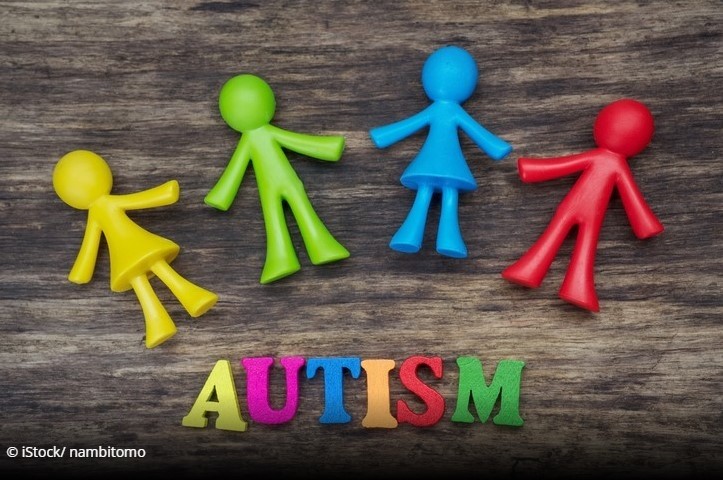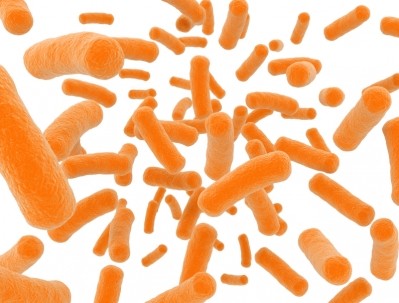Imbalance of kids’ gut microbiome may play role in autism symptom development

The review details how children with ASD showed a significantly higher numbers of Bacteroides, Parabacteroides, Clostridium, Faecalibacterium, and Phascolarctobacterium and lower numbers of Coprococcus and Bifidobacterium.
High levels of Bacteroides and Clostridium are linked to propionic acid (PPA) production, a short chain fatty acid (SCFA) that proves toxic to the brain when its concentration rises.
“This is consistent with findings that observed high levels of PPA in ASD children who had a high abundance of Bacteroides and Clostridium compared to healthy children,” the team highlights.
“Furthermore, the relationship between high concentrations of PPA and behavioural disorders has been confirmed in various studies on rodents.”
Previous studies have observed a link between gastrointestinal (GI) symptoms and the severity of ASD symptoms suggesting a higher frequency in children with associated GI problems than in those without.
Work to characterise the gut–brain axis’ role, postulates that the gut microbiota plays a role in brain development and function through the endocrine, immune, and nervous systems.
Therefore, it stands to reason that alterations in the gut microbiota could trigger not only some of the GI symptoms that autistic children suffer from but also some of their neuropsychiatric symptoms.
Review details
Researchers from the University of Tarragona began searching several electronic databases looking for studies up till February 2020 that reported the composition of gut microbiota of children and adolescents with and without ASD.
There were no restrictions in terms of language or year of publication, but studies carried out on adults and animals were excluded.
In addition, the reference lists of original studies and reviews were hand-searched for additional studies of interest.
Data analyses approaches included studies that reported the percentage (relative abundance) of bacteria observed in children and adolescents with and without ASD.
The team standardised all extracted data and used the relative abundance and Standard Error (SE) from each study to obtain the overall percentage of bacteria from different phyla and genera in children with ASD and in the controls.
The team identified 18 articles reporting on microbiota in children and adolescents with and without ASD pooling results from 493 subjects with ASD and 404 age-matched neurotypical controls.
From this population, the team found the microbiota to be mainly composed of the phyla Bacteroidetes, Firmicutes, and Actinobacteria, all of which were more abundant in the ASD children than in the controls.
Results summary
Children with ASD showed a significantly higher abundance of the genera Bacteroides, Parabacteroides, Clostridium, Faecalibacterium, and Phascolarctobacterium and a lower percentage of Coprococcus and Bifidobacterium.
“The present meta-analysis has reported a dysbiotic bacterial profile in ASD children,” the review concludes.
“In short, when compared to neurotypical children, those with ASD showed a greater abundance of Bacteroidetes (Bacteroides and Parabacteroides) and some Firmicutes genera (specifically Clostridium,
Faecalibacterium and Phascolarctobacterium) along with a lower abundance of Coprococcus and Bifidobacteria.
The team adds that according to the clinical findings, inflammation and dysfunction in the immune system mediated by microbiota composition are key elements in the development of GI problems and other extra-intestinal diseases such as ASD.
“However, the direction of causation, that is, whether the alterations in the microbiota lead to inflammation and imbalances in the immune system or vice versa, is still being studied,” they add.
“We have a growing knowledge of the interplay between gut microbiota, GI problems, and the physiopathology and symptomatology of ASD, but more research is needed before we can fully understand the physiological communication between the gut and brain.”
Source: Nutrients
Published online ahead of print: doi.org/10.3390/nu12030792
“Composition of Gut Microbiota in Children with Autism Spectrum Disorder: A Systematic Review and Meta-Analysis.”
Authors: Lucía Iglesias–Vázquez et al















